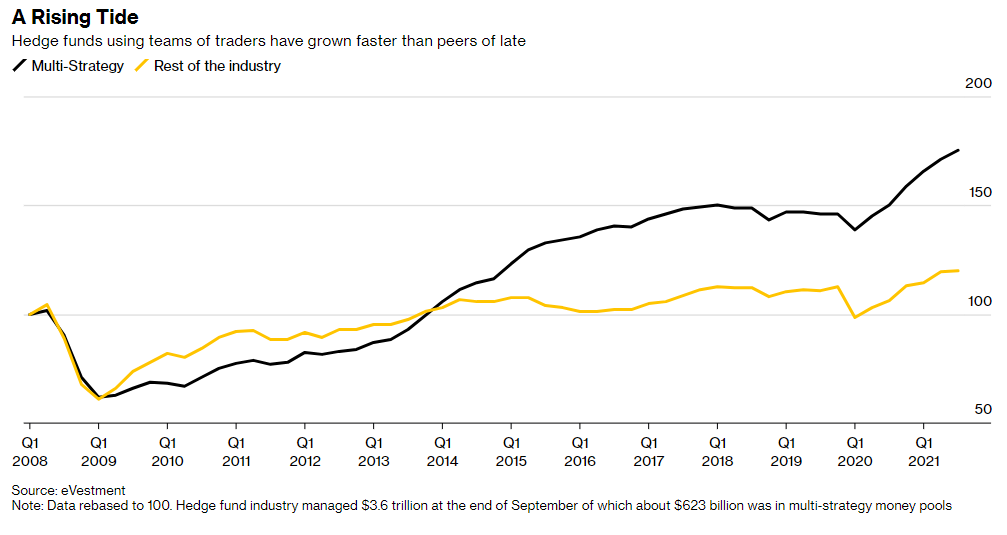
Whitney Baker on learning at Soros & Bridgewater
"If you have a view on something, try to be exposed to the thing closest to that view. If you like gold, buy gold, not miners. Concentrate your conviction views... hedge out stuff you don’t have a view on"
mebfaber.com/2022/01/31/e38…
"If you have a view on something, try to be exposed to the thing closest to that view. If you like gold, buy gold, not miners. Concentrate your conviction views... hedge out stuff you don’t have a view on"
mebfaber.com/2022/01/31/e38…

"Kick the tires until there’s no tires left to kick. Have the most rigorous process for increasing your own conviction. If you can kick the tires really hard and make sure that you are concentrated in stuff you have the most conviction in, I found that to be additive."
"let’s say you’re a discretionary stock investor and you’ve got a portfolio of 30 stocks and you’ve got a whole story to remember on all of those stocks...
A lot of your mindshare is taken up by all the 80 things going on across the micro of your book.
A lot of your mindshare is taken up by all the 80 things going on across the micro of your book.

Having the ability to free your mind share by saying systematically, “Oh, here’s a risk. Plug it into my framework. Does it matter or does it not matter? Oh, no, it’s too small a flow, doesn’t matter. Okay. Well, get out of my face, I don’t care. Next thing.”
"Having frameworks that are tightly substantiated with systemizing these linkages and how they work really allows, me anyway, to cut through a lot of the noise. Trading across 20 countries and 5 asset classes, there’s a lot of noise. Most of it doesn’t matter at all."
"The more I can free up my mindshare by having a process and an architecture that allows me to discount things and get them out of my head when I don’t need to worry about them, the better I am. So, I think that was the main thing about systemization."
Kudos to @MebFaber for this one - really enjoyed it!
• • •
Missing some Tweet in this thread? You can try to
force a refresh











